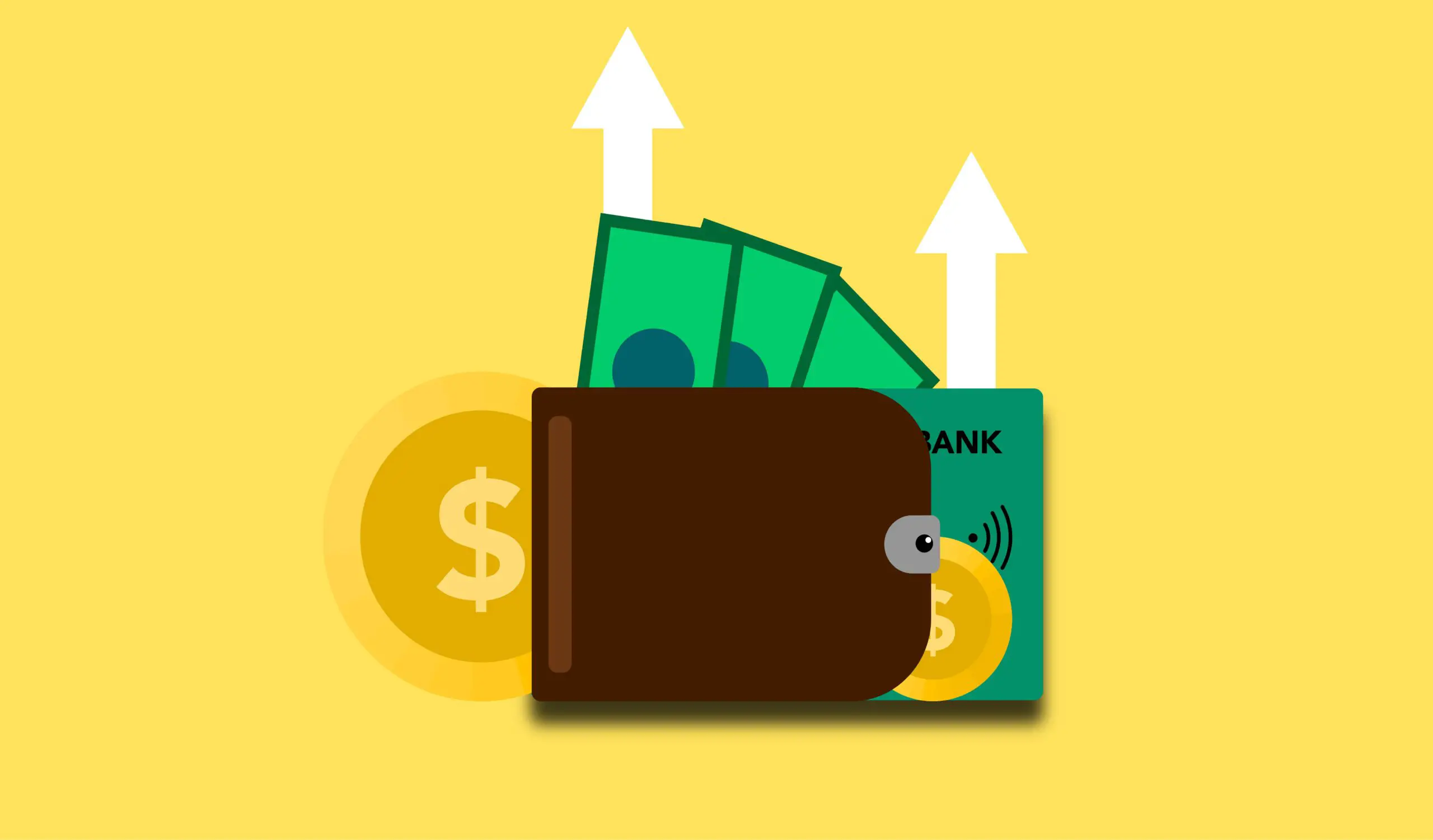When you are investing in the stock market, it is crucial to understand what buying power is. This term refers to different things, but today we will focus on buying power when it comes to stocks.
It is essential to know your buying power because it will help you determine how much money you can afford to invest.
In this article, we will discuss what buying power is and how it affects your investments. We will also provide an example so that you can better understand this concept!
What is meant by buying power?
When you hear the term buying power, it refers to the amount of capital that you have available to purchase stocks. This can be affected by several different factors, such as your credit score, the amount of cash you have on hand, and any margin account you may have.
Your buying power will also be affected by the stockbroker you use and the rules they have in place. For example, some stockbrokers may require you to have a specific limit on how much debt you already have before you can invest. This is known as a debt-to-equity ratio and it is one way that buying power is regulated.
Another common way brokers regulate buying power is by requiring a minimum account balance. This helps to ensure that investors can cover any losses they may incur while trading. Although you can increase your buying power through credit, it might not always be the best idea to do so.
This is because you will be taking on additional risk by using leverage. Leverage is when you borrow money to purchase more shares of a stock than you could have otherwise afforded. While this can help you make more profit if the stock price increases, it can also lead to more significant losses if the stock price falls.
This can lead to a cascading debt spiral, so it is essential to be aware of your risks before using leverage.
What is buying power vs cash?
Buying power and cash are two different things. Cash is the actual money that you have on hand. Buying power, on the other hand, is the amount of capital you have access to for investments.
The difference is that buying power takes into account leverage (debt or credit). It is essential to understand the difference between these two terms because they can affect your investment decisions.
If you only have a certain amount of cash on hand, you may not be able to purchase as many stocks as you would like. However, if you have access to debt, you can have more buying power, and you will be able to buy more assets than if you just had cash.
Buying power example
Knowing your buying power will help you determine how much money you can afford to invest. To calculate your buying power, you must multiply the number of shares you can purchase by the stock price.
For example, let's say you have $500 in your account balance. You want to purchase shares of Company XYZ, which is trading at $50 per share. In this case, your buying power would be $500. This means that you could purchase up to 10 shares of Company XYZ. (10 x $50 = buying power of $500).
If you wanted to increase your purchase order to 20 shares but don't have any more cash than $500, you can increase your buying power through other means. As mentioned earlier, through debt, you can essentially buy assets worth more than the cash you have on hand.
You need to double your buying power of $500 to $1000 to acquire your desired position of 20 shares.
Why it's helpful to have extra buying power
Now that you know what buying power is, let's discuss how it can affect your investments. If you have significant buying power, you can purchase more shares of a company's stock. This can be beneficial if you invest in a company that you believe will increase in value over time.
By increasing your buying power and investing in undervalued stocks, you can make a lot of money when the stock price eventually goes to its intrinsic value. Extra buying power allows investors to take advantage of market opportunities.
For example, if there was a correction or you find an undervalued company but don't have the buying power in the form of cash, you can use your credit line to purchase the stock. Without extra buying power, you would have missed out on the investment opportunity.
While credit can be financially dangerous if misused, when used correctly, it can be a very powerful tool for investors. This is why it's essential to understand buying power and how to use it to your advantage.
Learning how to increase your buying power first through saving is also important. By having sound personal financial habits, you can load up your buying power and use it to make profitable investments.
Conclusion
When your buying power in the form of cash (labor) is combined with buying power from external forces (leverage) and used to invest in asymmetric undervalued opportunities, enhanced returns are possible.
Of course, strong buying power does not guarantee that what you buy will turn out to be an excellent investment, but it does give you an edge. In the stock market, buying power is the amount of money you have available to buy securities.
It is crucial to understand your buying power because it can impact your overall returns and ability to capitalize on ripe opportunities. They say with great power comes great responsibility.
On top of having strong buying power, you should be responsible for your financial education. By reading more articles published on this website, you are on your way to becoming a more knowledgeable investor.

